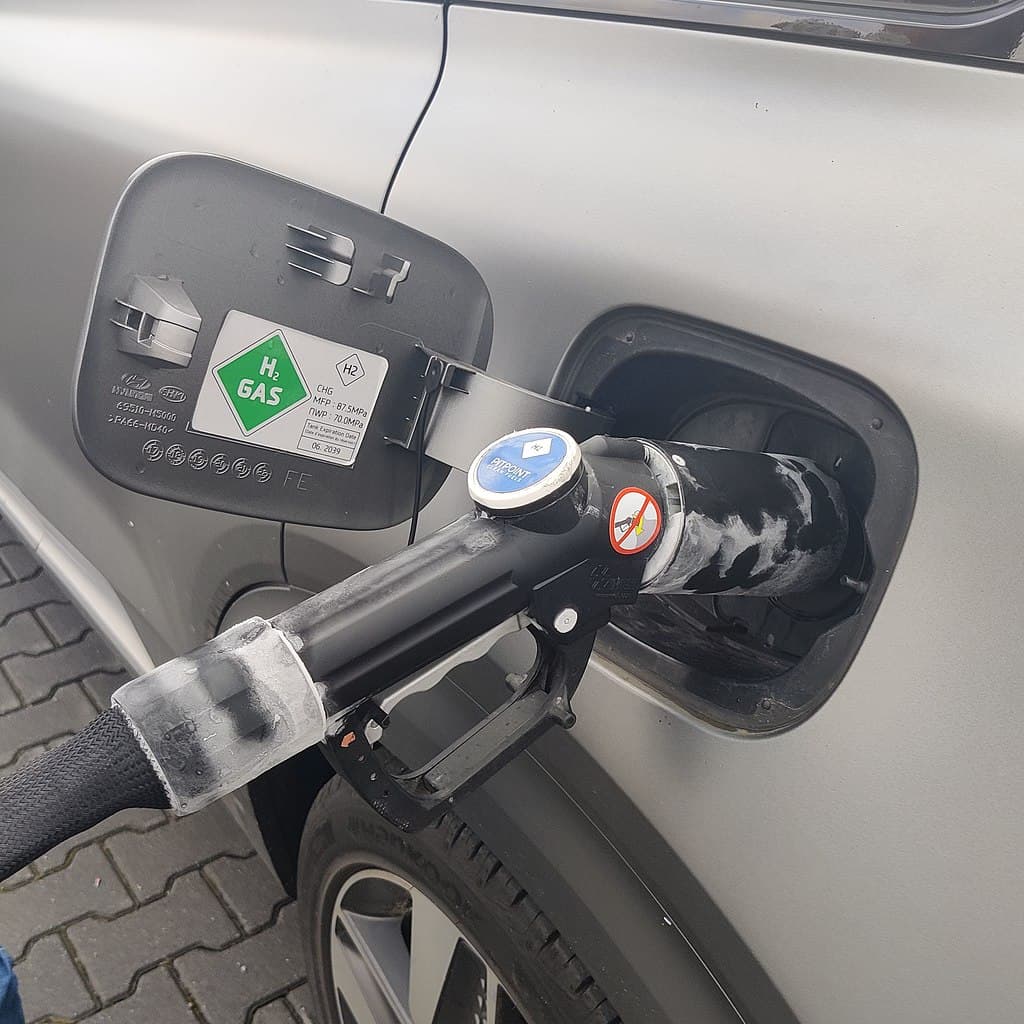Time is up for the hydrogen car
The future looks bleak for hydrogen cars: Stellantis and many others are pulling the plug.
Published on August 18, 2025

Team IO+ selects and features the most important news stories on innovation and technology, carefully curated by our editors.
We once thought it might become the standard: the hydrogen car. But now it turns out that this type of vehicle is not doing well at all. Stellantis, the parent company of Opel, Peugeot, Citroën, and Fiat, is discontinuing hydrogen technology. Hydrogen buses and vans will also be taken out of production. Volkswagen, Mercedes-Benz, Nissan, Honda, and other brands have already stopped developing hydrogen.
Stellantis cites three reasons for the decision: too few filling stations, high development costs, and a lack of subsidies for customers. If we zoom in on filling stations, we see that they are indeed disappearing at a rapid pace. In Germany, for example, 22 hydrogen filling stations are closing this year. Three years ago, Shell closed all its hydrogen filling stations in the United Kingdom, and recently, the Austrian state oil company OMV also announced that it would stop. Meanwhile, there are fewer than 25 hydrogen stations in our country, and that number is hardly growing.
Battery-powered electric cars are winning out over hydrogen cars
Battery-powered electric cars seem to be winning out over hydrogen cars. The main difference lies in efficiency. When hydrogen is produced through electrolysis, 20 to 40% of the energy is lost, and when it is used in a car, another half is lost. A battery-powered electric car, on the other hand, uses about 95% of the electricity.
In addition, the range of hydrogen cars is very limited—in the Netherlands, only two models have been available for years, the Toyota Mirai and the Hyundai Nexo. The price is also a factor: around $70,000, well above the average of $46,000 for a battery-electric car. Maintenance and fuel are also more expensive, making hydrogen cars hardly competitive.
